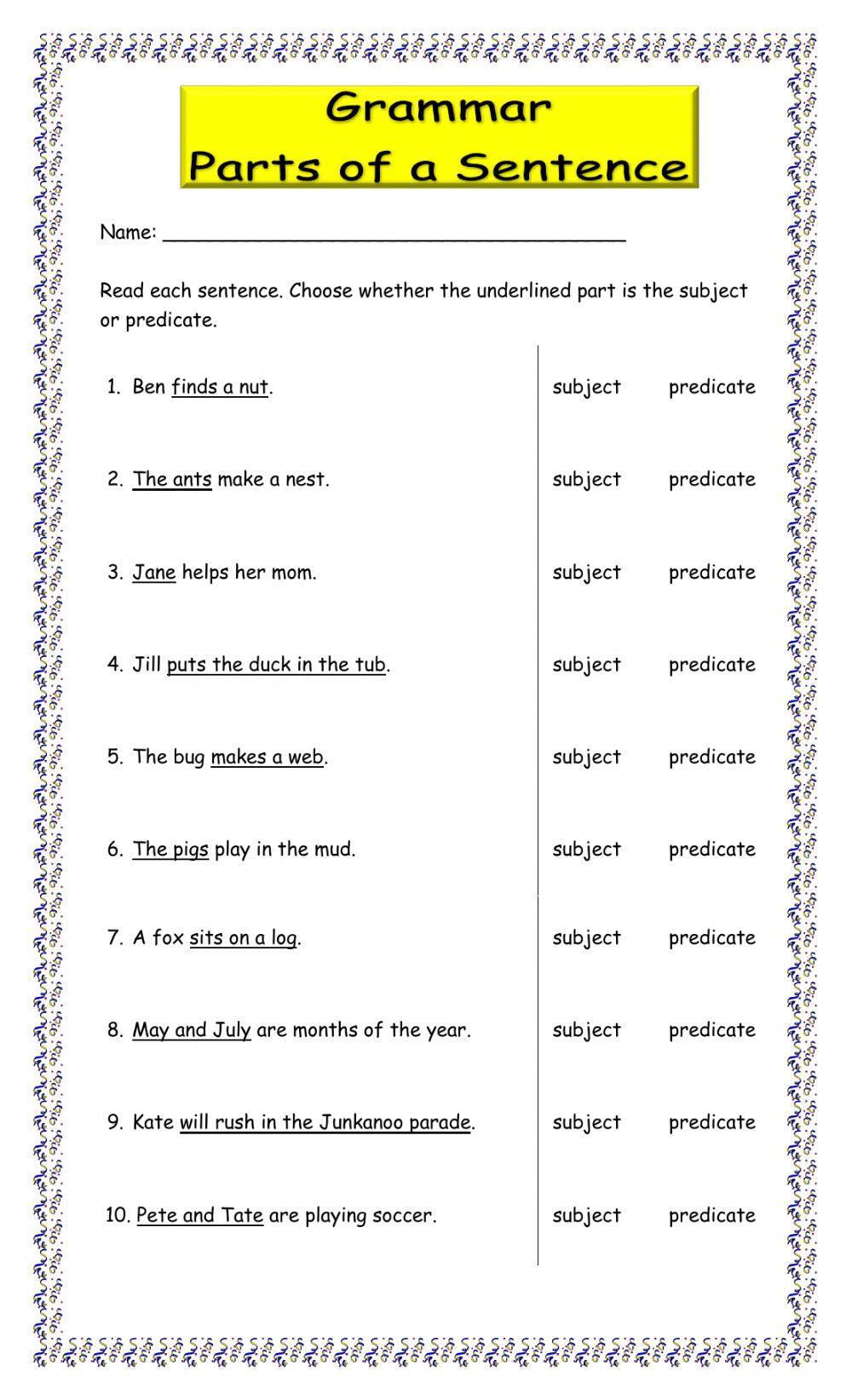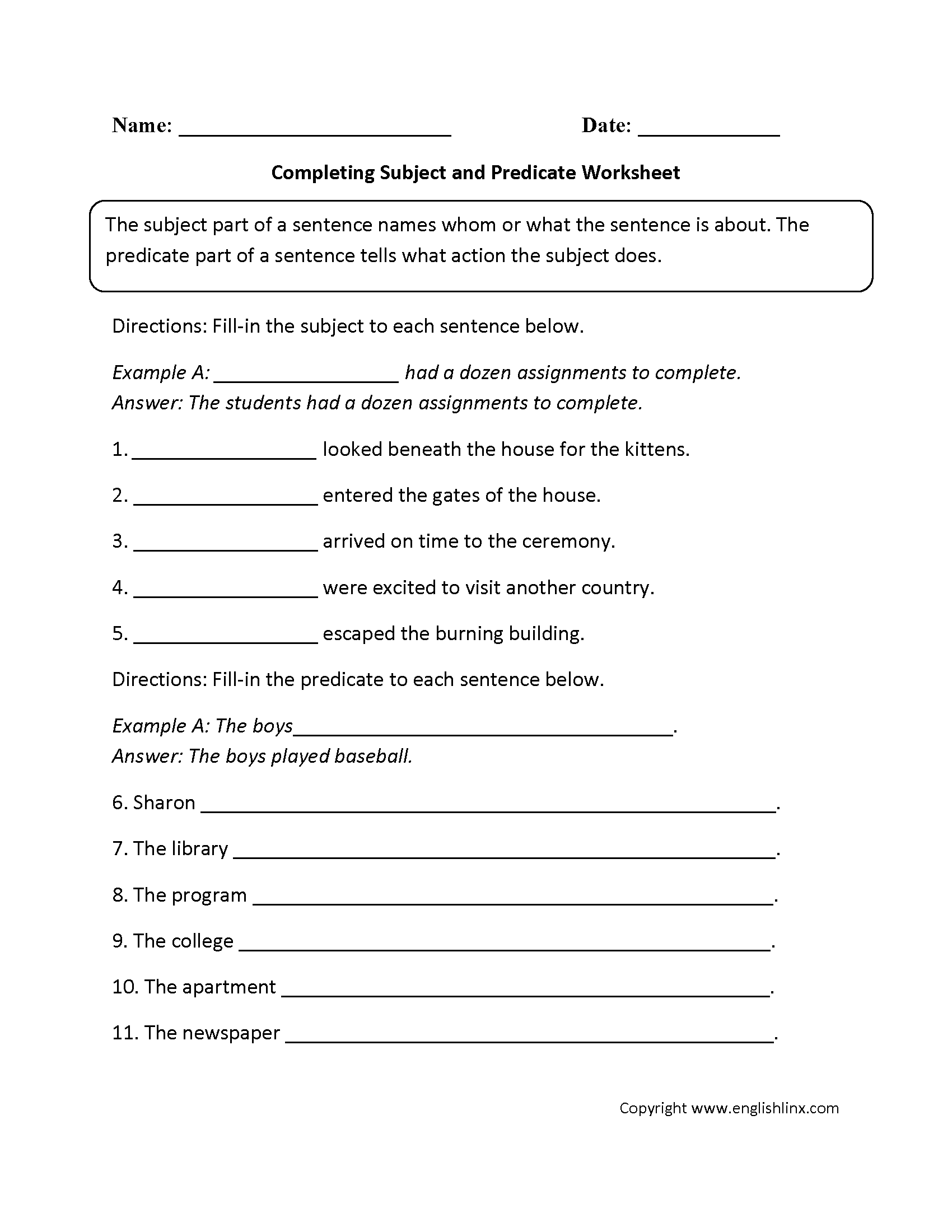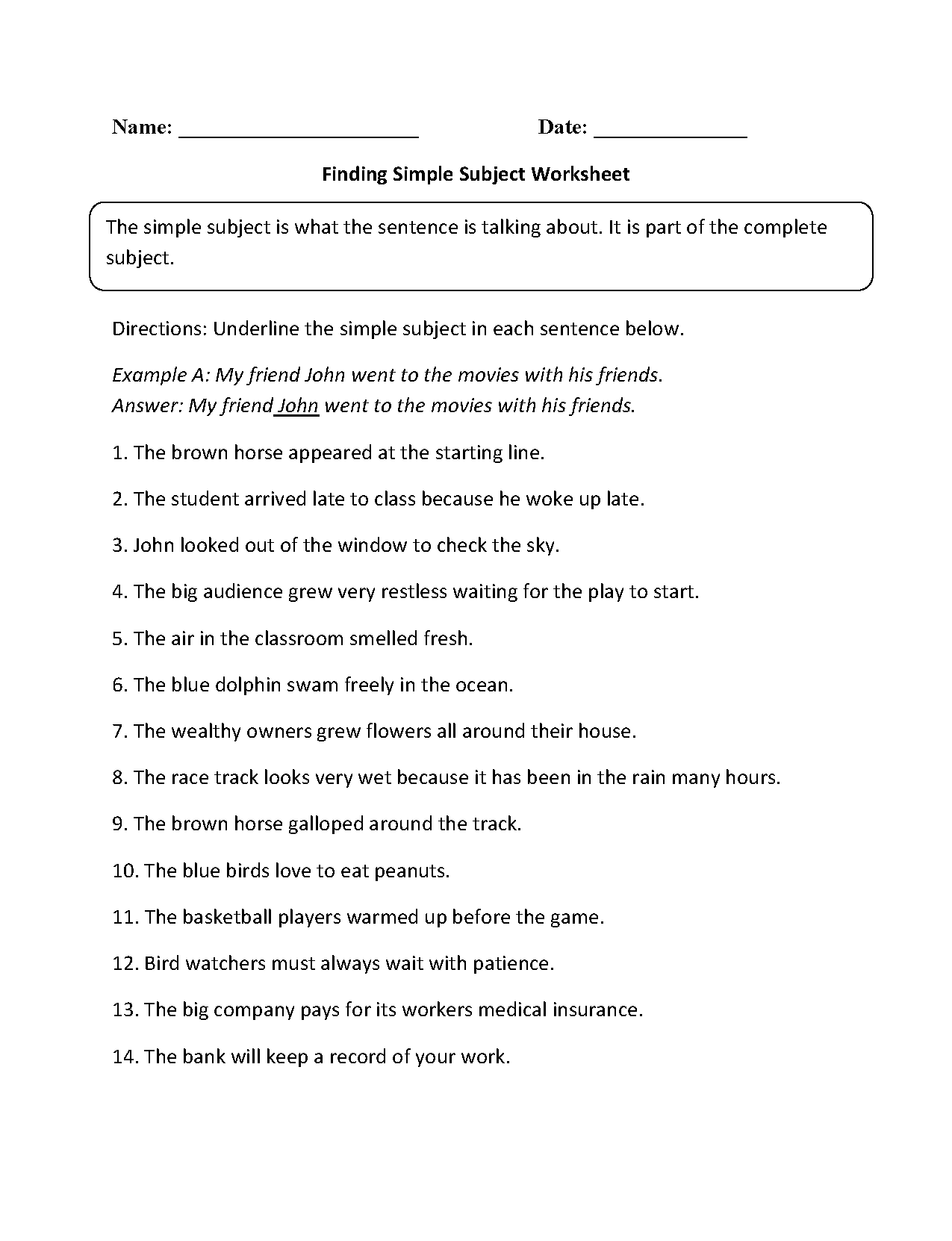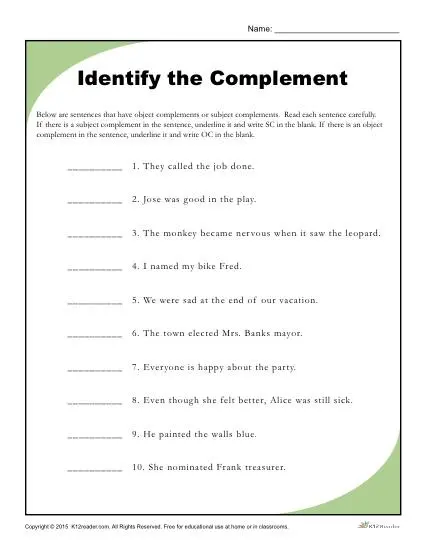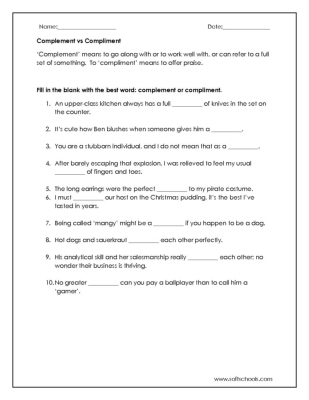Sir Muhammad Iqbal POET AND PHILOSOPHER :
Sir Muhammad Iqbal, also spelled Muhammad Ikbal born November 9, 1877, Sialkot, Punjab, India [now in Pakistan]-died April 21, 1938, Lahore, Punjab), poet and philosopher, known for his influential efforts to direct his fellow Muslims in British-administered India toward the establishment of a separate state, an aspiration that was eventually realized in the country of Pakistan. He was knighted .
Early life and career:
Iqbal was born at Sialkot, India (now in Pakistan), of a pious family of small merchants and was educated at Government College, Lahore. In Europe from 1905 to 1908, he earned his degree in philosophy from the University of Cambridge, qualified as a barrister in London, and received a doctorate from the University of Munich. His thesis, The Development of Metaphysics in Persia, revealed some aspects of Islamic mysticism formerly unknown in Europe.
On his return from Europe, he gained his livelihood by the practice of law, but his fame came from his Persian- and Urdu-language poetry, which was written in the classical style for public recitation. Through poetic symposia and in a milieu in which memorizing verse was customary, his poetry became widely known, even among the illiterate. Almost all the cultured Indian and Pakistani Muslims of his and later generations have had the habit of quoting Iqbal.
Before he visited Europe, his poetry affirmed Indian nationalism, as in Nayashawala ("The New Altar")" but time away from India caused him to shift his perspective. He came to criticize nationalism for twofold reason: in Europe it had led to destructive racism and imperialism, and in India it was not founded on an adequate degree of common purpose In a speech delivered at Aligarh in 1910, under the title "Islam as a Social and Political Ideal," he indicated the new Pan-Islamic direction of his hopes. The recurrent themes of Iqbal's poetry are a memory of the vanished glories of Islam, a complaint about its present decadence, and a call to unity and reform. Reform can be achieved by strengthening the individual through three successive stages: obedience to the law of Islam, self-control, and acceptance of the idea that everyone is potentially a vicegerent of God (nd ib, or mu min). Furthermore, the life of action is to be preferred to ascetic resignation.
Three significant poems from this period, Shikwah ("The Complaint"), Jawab-e shikwah (The Answer to the Complaint"), and Khizr-e rah("Khizr, the Guide"), were published later in 1924 in the Urdu collection Bang-e dara ("The Call of the Bell"). In those works Iqbal gave intense expression to the anguish of Muslim powerlessness. Khizr (Arabic Khidr), the Qur'anic prophet who asks the most difficult questions, is pictured bringing from God the baffling problems of the early 20th century.
What thing is the State? or why
Most labour and capital so bloodily disagree?
Asia's time- honoured cloak grows ragged
and wears out......
For whom this new ordeal, or by whose hand prepared?
(English trans by VG. Kiernan)
Notoriety came in 1915 with the publication of his long Persian poem Asrar-e khudi (The Secrets of the Self ). He wrote in Persian because he sought to address his appeal to the entire Muslim world. In this work he represents a theory of the self that is a strong condemnation of the self-negating quietism (ie., the bel that perfection and spiritual peace are attained by passive absorption in contemplation of God and divine things) of classical Islamic mysticism, his criticism shocked many and excited controversy admirers steadily maintained that creative self-affirmation is a fundamental Muslim virtue, his critics he imposed themes from the German philosopher Friedrich Nietzsche on Islam.
The dialectical quality of his thinking was expressed by the next long Persian poem, Rumuz-e bikhudi 1918, The Mysteries of Selflessness). Written as a counterpoint to the individualism preached the Airar-e khudi this poem called for self-surrender.
Lo, like a candle wrestling with the night
O'er my own self 1 pour my flooding tears
I spent my self, that there might be more light,
More loveliness, more joy for other men
(English trans by AJ Arberry)
The Muslim community, as Iqbal conceived it, ought effectively to teach and to encourage generous service to the ideals of brotherhood and justice. The mystery of selflessness was the hidden strength of Islam Ultimately, the only satisfactory mode of active self-realization was the sacrifice of the self in the service of causes greater than the self. The paradigm was the life of the Prophet Muhammad and the devoted service of the first believers. The second poem completes Iqbal's conception of the final destiny of the self
Later he published three more Persian volumes. Payam-e Mashriq(1923; "Message of the East"), written in response to Johann Wolfgang von Goethe's West-ostlicher Divan (1819; "Divan of West and East) affirmed the universal validity of Islam In 1927 Zabar e Ajam ("Persian Psalms") appeared, about which AJ. Arberry, its translator into English, wrote that "Iqbal displayed here an altogether extraordinary talent for the most delicate and delightful of all Persian styles, the ghazal," or love poem. Javid-nameh (1937 "The Song of Eternity") is considered Iqbal's masterpiece. Its theme, reminiscent of Dante's Do Comedy, is the ascent of the poet, guided by the great 13th-century Persian mystic Jalal-al-DinRumi through all the realms of thought and experience to the final encounter.
Iqbal's later publications of poetry in Urdu were Bal-e Jibril (1935, "Gabriel's Wing), Zarb-e- kalim (1937 "The Blow of Moses"), and the posthumous Armaghan-e Hijaz 1938; "Gift of the Hejaz"), which contained verses in both Urdu and Persian. He is considered the greatest poet in Urdu of the 20th century.
Philosophical position and influence:
His philosophical position was articulated in The Reconstruction of Religious Thought in Islam (1934) volume based on six Lectures delivered at Madras (now Chennai. Hyderabad, and Aligarh in 1928-29 argued that a rightly focused man should unceasingly generate vitality through interaction with the purposes of the living God. The Prophet Muhammad had returned from his unitary experience of God let loose on the earth a new type of manhood and a cultural world characterized by the abolition priesthood and hereditary kinship and by an emphasis on the study of history and nature. The Muslim community in the present age ought, through the exercise of ijtihad the principle of legal advancement to devise new social and political institutions. He also advocated a theory of ijma-consensus lqbal tended to be progressive in adumbrating general principles of change but conservative in initiating change.
The time that he was delivering those lectures, Iqbal began working with the Muslims League At annual session of the league at Allahabad in 1930, he gave the presidential address, in which he made famous statement that the Muslims of northwestern India should demand status as a separate state.
After a long period of ill health, Iqbal died in April 1938 and was buried in front of the great Badshahi Mosque in Lahore Two years later the Muslim League voted for the idea of Pakistan. That the poet had influenced the making of that decision, which became a reality in 1947, is undisputed. He has been acclaimed as the father of Pakistan, and every year Iqbal Day is celebrated by Pakistanis.
